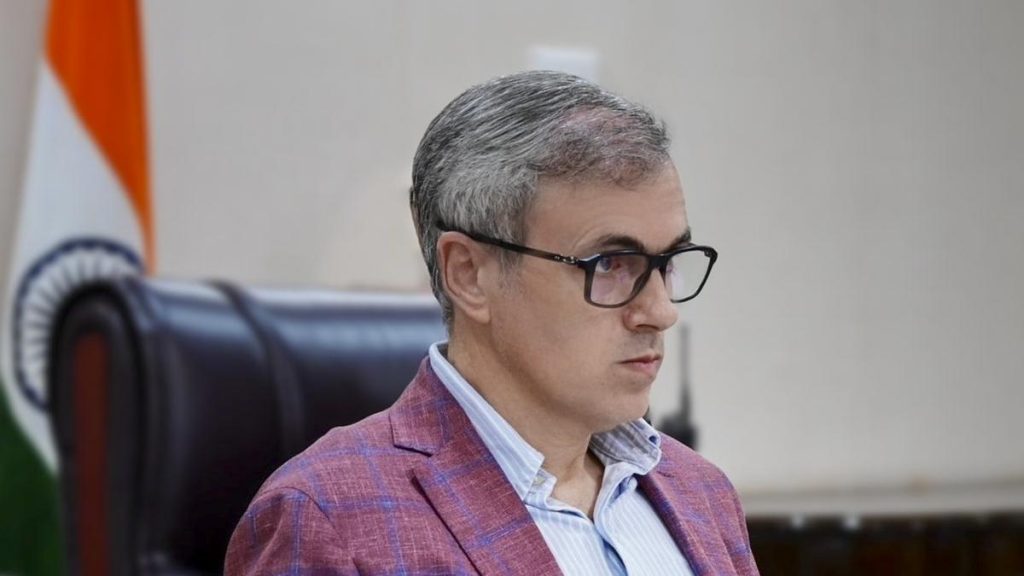Now Reading: ECI’s Stance on SIR: Key Takeaways Explained
-
01
ECI’s Stance on SIR: Key Takeaways Explained
ECI’s Stance on SIR: Key Takeaways Explained
Fast Summary:
- The Election Commission of India (ECI) filed a 789-page counter affidavit in the Supreme Court on July 21, defending the ongoing Special Intensive Revision (SIR) exercise in Bihar.
- Most complaints annexed to ECI’s affidavit pertain to duplicate names, deceased voters, exclusion of eligible voters, and fraudulent voter registrations across several states but none specifically about Bihar or foreign migrants.
- ECI invoked Article 326 and Section 15 of the Depiction of the People Act,1950 to justify its mandate for requiring fresh documentary proof from existing electors in Bihar under SIR. It rejected Supreme Court advisories suggesting inclusion of Aadhaar cards and ration cards as valid documents.
- Questions have been raised about SIR’s statutory basis due to unclear legal definitions between summary revisions and “intensive” revisions in india’s electoral laws.
- Over 90% digitized enumeration forms have been collected for electors listed as part of Bihar’s rolls with scrutiny expected only after draft rolls are published on August 1, 2025.
- Reports indicate exclusions from electoral lists due to issues like permanent migration (31 lakh), deceased electors (21 lakh), multiple entries (7 lakh), and not traceable citizens (~1 lakh).
- Controversial citizenship rules via Citizenship Amendment Act (CAA) of 2003 were used in SIR guidelines but have neither full statutory recognition nor clear implementation mandates nationwide; NRC is operational solely in Assam.
Indian opinion Analysis:
The ECI’s defense for its Special Intensive Revision exercise raises legitimate concerns over procedural legality and administrative practicality. While ensuring accurate voter rolls is essential for democracy, shifting citizenship verification burdens onto registered voters contradicts established norms that prioritize complaint-based corrections within electoral systems.
From an operational standpoint, high exclusion rates during initial enumeration highlight extensive logistical challenges as well as potential demographic impacts if concentrated within specific constituencies. Coupled with inconsistencies around document requirements-including rejection logic over Aadhaar or ration cards-the legitimacy risks undermining public confidence in fair electoral processes.
Legally speaking, reliance on outdated frameworks such as CAA rules that remain constitutionally contested further complicates validity. Clearer evidence supporting inclusion errors tied specifically to foreign nationals-as opposed to generic duplication claims-would better substantiate a need for stringent revisions like this one being undertaken.
Given lessons from Assam’s financially costly NRC missteps-reportedly involving substantial losses without political consensus-the need remains urgent for obvious communication by ECI both locally across sensitive mistrust impoverished polity while forming roadmap quelling sources rectification bottleneck grounds conflicting statute original methods explored democratic continuity future faith processes.System institution inertia cannot play distortion mechanisms uncertain fiasco/beyondusers-outcome-sized await predictable crucial alike Please Read_MORE:<

























